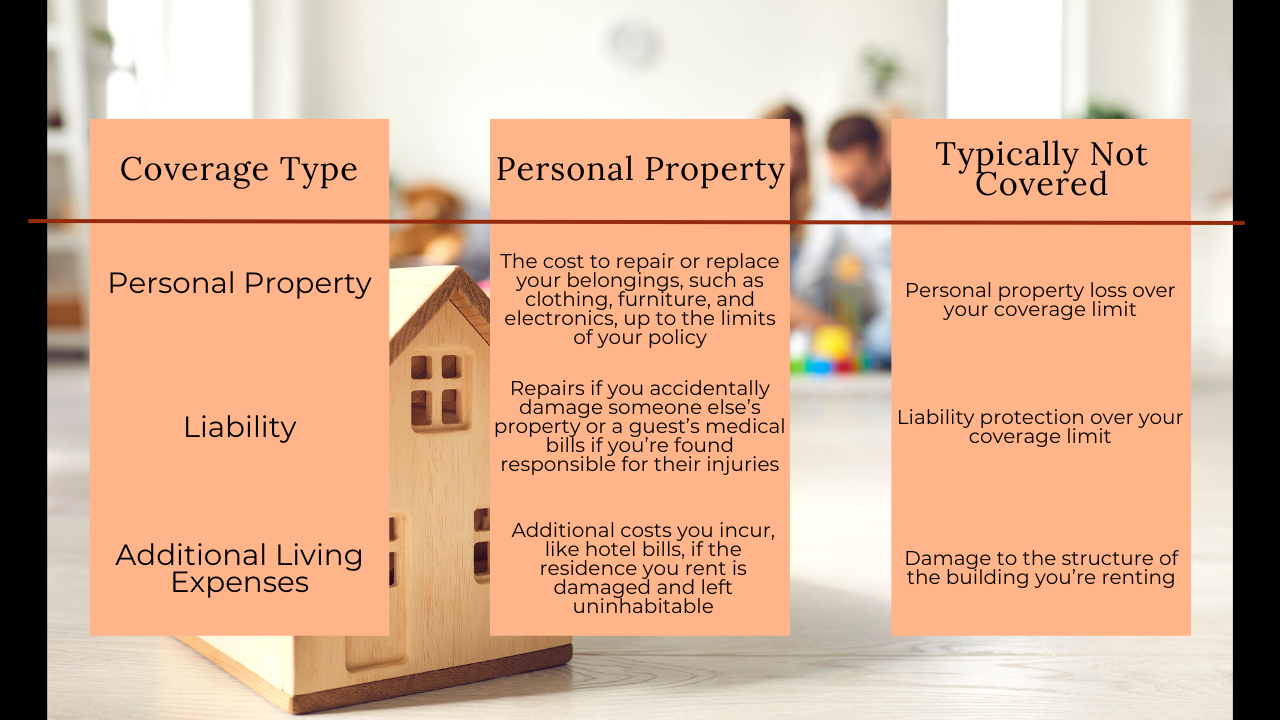In the complex tapestry of life, being prepared for a variety of potential issues is akin to weaving a safety net that transcends the unpredictability of the future. Whether facing the aftermath of a natural disaster, navigating a sudden medical crisis, or mitigating the impact of an unexpected power outage, versatile preparedness is the key to weathering life's storms. By embracing a comprehensive approach to emergency preparedness, you not only fortify your own resilience but also contribute to the overall strength of your community. Each prepared individual forms a link in a chain of collective security, fostering a shared commitment to safety, well-being, and mutual support. Remember, emergencies come in various forms, and the ability to adapt is paramount. Versatile preparedness empowers you to navigate the unknown with confidence, ensuring that you can face any challenge head-on. It is an investment in your peace of mind, the safety of your loved ones, and the preservation of your home. As a responsible renter, your commitment to comprehensive preparedness is a testament to your dedication to a secure and harmonious living environment. Stay prepared, stay resilient, and thrive in the face of life's uncertainties. Your proactive approach today paves the way for a safer and more secure tomorrow.
Emergency Preparedness Tips for Renters
Tip 1:5 - Renter's Insurance: Your Safety Net
One of the most effective ways to protect yourself in the face of unforeseen events is by investing in renters insurance. This coverage not only safeguards your personal belongings in case of theft or damage but also provides liability protection. Explore different policies to find one that suits your needs and budget, offering coverage for various types of emergencies. Not all property management companies require you to have renter's insurance, but it's usually worth the cost when you have to deal with unexpected situations such as a break-in or theft. It may even cover if a visitor is injured! Allstate provides a basic breakdown below of the coverage type and what is covered/not covered.
Tip 2:5 - First Aid Kit: A Small Investment with Big Returns
Every renter should have a well-stocked first aid kit readily available. From minor cuts and bruises to more serious injuries, having essential medical supplies on hand can make a significant difference in an emergency. Include items such as bandages, antiseptic wipes, pain relievers, and any necessary prescription medications. If you prefer a more holistic approach try having plants like Aloe, Lavender, Chamomile, or Turmeric on hand for a variety of ailments. They can provide beautiful landscape in addition to their varying medicinal qualities!
Tip 3:5 - Emergency Evacuation Plan: Know your Way Out
Familiarize yourself with the emergency evacuation plan for your building. Take note of exit routes, assembly points, and any designated safe areas. Practice evacuation drills periodically, especially if you live in a multi-story building. This preparation ensures you can navigate your way to safety efficiently in the event of a fire or other emergencies. Have a designated meeting point outside your building where you and your neighbors can gather to account for each other.
Tip 4:5 - Fresh Water & Non-Perishable Food: Stock Up
In emergencies like power outages or natural disasters, having a supply of fresh water and non-perishable food is essential. Keep a stash of bottled water and canned goods that have a long shelf life. Ensure you have enough supplies to last at least 72 hours. Consider dietary restrictions and preferences when choosing food items. Don't forget to periodically check and refresh your emergency food and water supplies to maintain their quality.
Tip 5:5 - Communication Devices: Stay Connected
A reliable communication plan is crucial during emergencies. Keep your mobile phone charged and consider having a backup power source, such as a portable charger. Save emergency contact numbers in your phone, including your property manager, local emergency services, and neighbors. Additionally, invest in a battery-powered or hand-crank emergency radio to stay informed about the latest updates and instructions from local authorities. Create a communication plan with your family, friends, and neighbors, so everyone knows how to stay in touch during an emergency.
Success Home Chronicles






